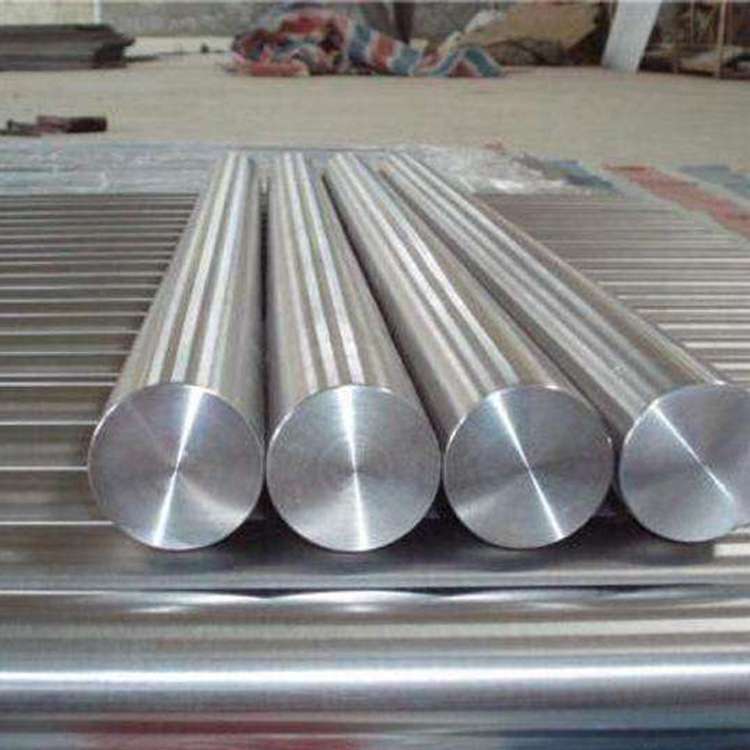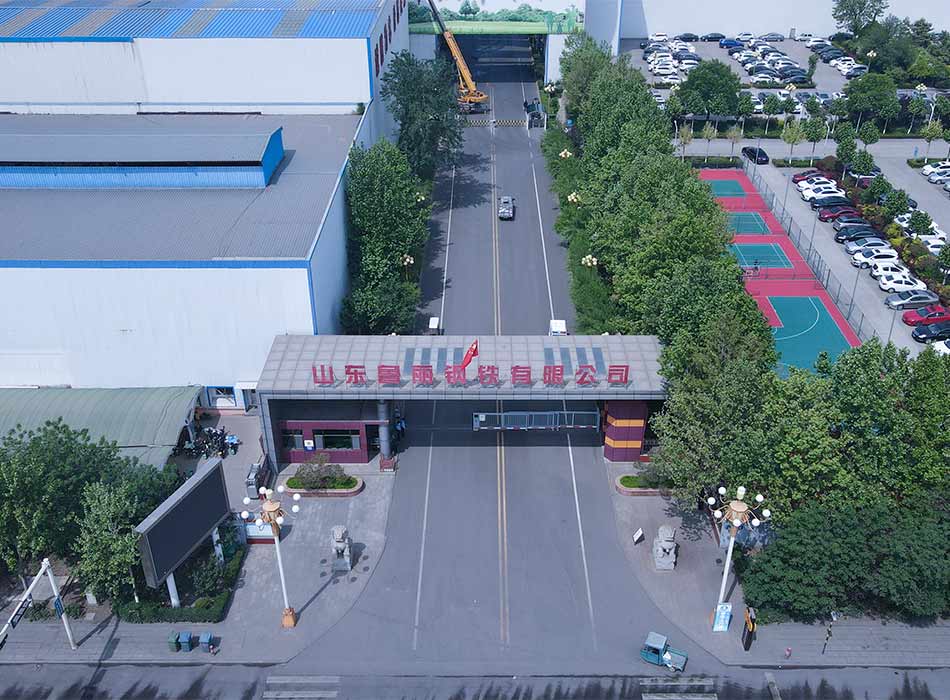Introduction
4140 steel is a low-alloy steel that is known for its high strength, toughness, and wear resistance. It is a versatile material that is used in a wide variety of applications, including:Automotive componentsn,Machinery and equipment,Tooling and dies,Firearms,Sports equipment.
Overall, 4140 steel is a versatile material with a number of advantages. It is a good choice for applications where strength, toughness, wear resistance, and ease of machining are important.
In this blog post, I will discuss the key properties of 4140 steel. I will also provide some tips on how to select and use this material.

Chemical Composition
The chemical composition of 4140 steel is as follows:
| Element | Content (wt %) |
|---|---|
| Carbon | 0.38-0.43 |
| Chromium | 0.95-1.20 |
| Molybdenum | 0.25-0.35 |
| Manganese | 0.70-1.00 |
| Phosphorus | 0.035 max |
| Sulfur | 0.040 max |
The carbon content in 4140 steel is relatively high, which contributes to its high strength. The chromium and molybdenum content also contribute to strength, as well as toughness and wear resistance.
Mechanical Properties
The mechanical properties of 4140 steel vary depending on the heat treatment. The following table shows typical properties for a 4140 steel bar that has been heat treated to a hardness of Rockwell C 38:
| Property | Value |
|---|---|
| Yield strength | 150 ksi (1034 MPa) |
| Ultimate tensile strength | 180 ksi (1241 MPa) |
| Elongation | 12% |
| Hardness | Rockwell C 38 |
4140 steel is a high-strength material, with a yield strength of up to 150 ksi (1034 MPa). It also has good toughness, with an elongation of up to 12%.
Heat Treatment
4140 steel is a through-hardening steel, which means that it can be hardened throughout its entire cross-section. To heat treat 4140 steel, it is first heated to austenitizing temperature (1950-2100°F, 1066-1150°C). It is then quenched in oil or water to transform the austenite to martensite. The martensite is then tempered to the desired hardness.
The following table shows the typical heat treatment temperatures for 4140 steel:
| Property | Temperature |
|---|---|
| Austenitizing | 1950-2100°F (1066-1150°C) |
| Quenching | Oil or water |
| Tempering | 1200-1600°F (650-871°C) |
Applications

4140 steel is a versatile material that can be used in a wide variety of applications. Some of the most common applications include:
Automotive components, such as axles, shafts, and springs
Machinery and equipment, such as gears, bearings, and tools
Tooling and dies, such as punches, dies, and molds
Firearms, such as barrels, receivers, and triggers
Sports equipment, such as golf clubs, baseball bats, and hockey sticks
Tips for Selecting and Using 4140 Steel
When selecting 4140 steel for a particular application, it is important to consider the following factors:
Strength requirements: 4140 steel is available in a variety of strengths, so it is important to select the material that meets the specific strength requirements of the application.
Toughness requirements: 4140 steel has good toughness, but it is important to select the heat treatment that meets the specific toughness requirements of the application.
Corrosion resistance requirements: 4140 steel is not particularly corrosion-resistant, so it is important to select a coating or finish that will provide the desired corrosion resistance.
Faq
What are the advantages of using 4140 steel?
4140 steel has a number of advantages, including:
High strength: 4140 steel has a high yield strength of up to 150 ksi (1034 MPa), which makes it a good choice for applications where strength is critical.
Toughness: 4140 steel has good toughness, with an elongation of up to 12%, which makes it a good choice for applications where impact resistance is important.
Wear resistance: 4140 steel has good wear resistance, which makes it a good choice for applications where abrasion is a concern.
Ease of machining: 4140 steel is easy to machine, which makes it a good choice for applications where complex shapes are required.
What are the disadvantages of using 4140 steel?
4140 steel has a few disadvantages, including:
Corrosion resistance: 4140 steel is not particularly corrosion-resistant, so it is important to select a coating or finish that will provide the desired corrosion resistance.
Cost: 4140 steel is a relatively expensive material, so it may not be the best choice for applications where cost is a major factor.
